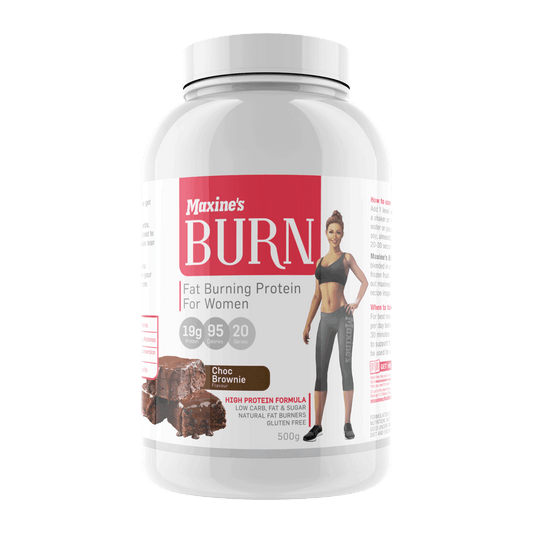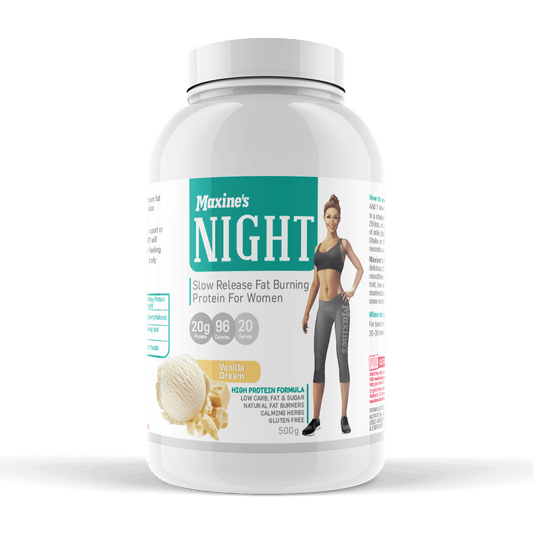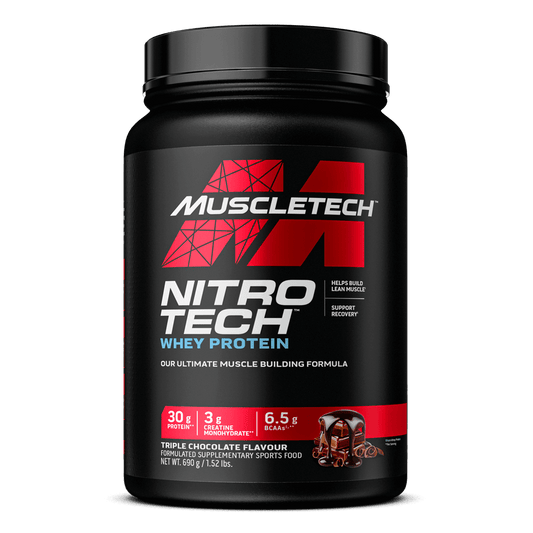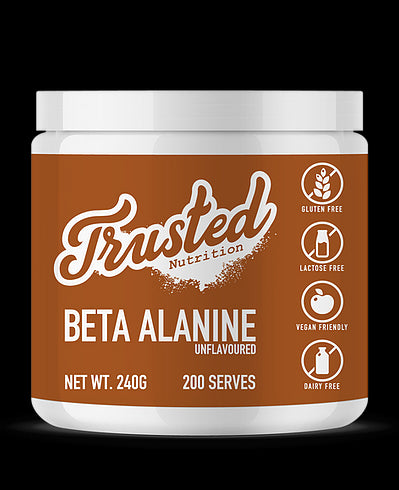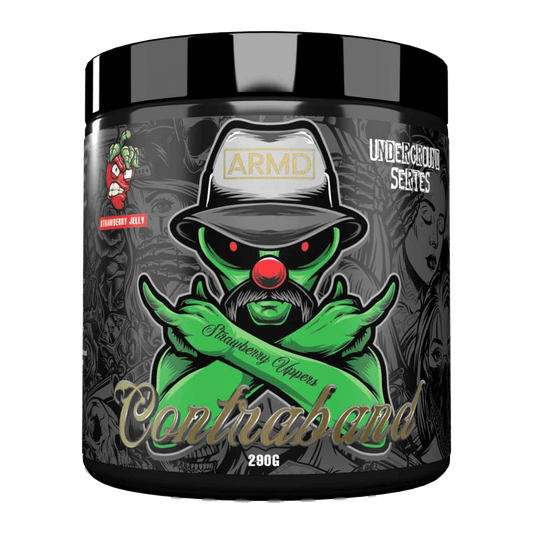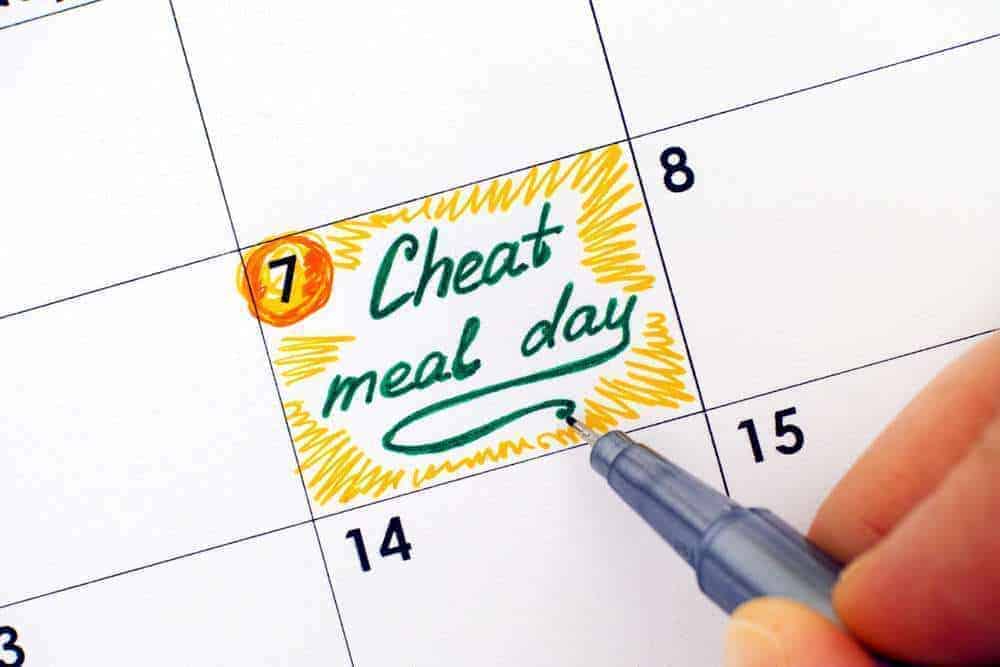Haven’t heard of these two terms before? No harm. While they are quite popular, they are probably better known to those who have either shed a lot of body fat in the past or are looking to in the not-so-distant future. Your nutrition and the diet you follow play a vital role in how your body functions as well as how it adapts to your training regime. Case and point? You cannot out train a bad diet. Fact. However, changing our eating habits to align with our fitness goals does take a lot of effort. After all, “absence makes the heart grow fonder” is rarely more real than when you’re depriving yourself of those precious carbs in an effort to improve your body composition. In fact, both cheat meals and the refeed can have a very similar gratifying effect. Read on to find out more.
What are cheat meals?
First and foremost, let’s clarify something; a cheat meal is one, singular meal, eaten in one sitting. This needs clarifying because after a string of days of strict dieting, calorie counting and macros watching it wouldn’t be out of the ordinary to spiral out of control and go binge eating. It’s common but detrimental to all the hard work you would have put in until that point. Cheat meals consist of absolutely anything you want to eat but again, for just one meal (we wouldn’t stress it if it wasn’t important). It’s safe to say the primary function of cheat meals are to ease the dieting process from a psychological standpoint and make it more sustainable in the long run.
What is a refeed?
A refeed is more strategic in nature making sure you’re not derailed from your overall fitness goals. This is because a refeed is a calculated increase in your caloric intake consisting of quality macronutrients as opposed to the “anything goes” approach of the cheat meal. Here, a percentage of your carbs is increased, occasionally with the decrease in fats and protein.
What is the difference?
A quick recap shows that the primary difference between the two is the benefit sought and the approach taken. Cheat meals are designed for psychological relief and have no real limitations besides being confined to one meal whereas refeeds are calculated specifically in terms of your macros and total daily caloric intake to help improve physical performance and body composition.
When should you consider a refeed or cheat meal?
- You’re lacking energy or constantly feeling worn out
- Recovery after resistance training is taking unusually long
- Your fat loss has slowed down significantly or halted
- Struggling to sleep
- Weight loss is excessive
- Constantly hungry even after eating (caused by reduced leptin levels)
Fun fact
Leptin is one of two hormones (the other is ghrelin) which have a profound effect on the regulation of food intake and consequently, body weight in humans (Klok et al, 2007). When your leptin levels are low you are more likely to be hungry after eating which will adversely affect your body composition and weight as you look to satisfy this hunger.
Best timing
There is no hard and fast rule for when you should have your cheat meal or refeed, however, having it towards the end of the day will help prevent you from revisiting the fridge throughout the day or binge eating until sunset. In addition, if you happen to be working a large group of muscles or one or two of your weak points the next day then you could also benefit from the added boost of energy from the muscle glycogen.
References:
Klok MD, Jakobsdottir S, Dret ML (2007) The role of leptin and ghrelin in the regulation of food intake and body weight in humans: a review Powerhouse is your dedicated partner in reaching your fitness goals whether it’s muscle gain, maintenance of fat loss. That’s why we have made a point to hire only the most passionate and knowledgeable fitness staff who have an extensive understanding of the diverse range of the best supplements on the market. For professional advice, quality equipment and first rate supplements,
get in touch today and reach your goals.
